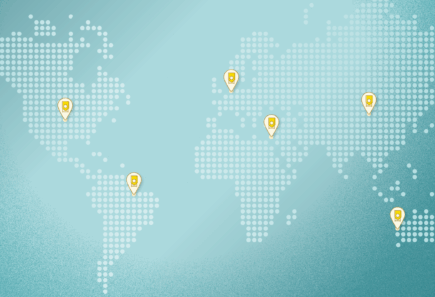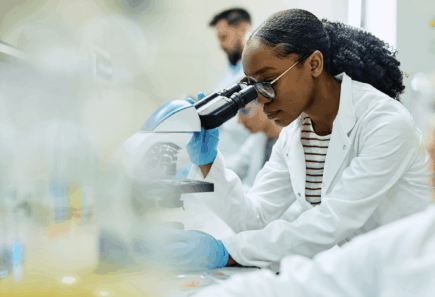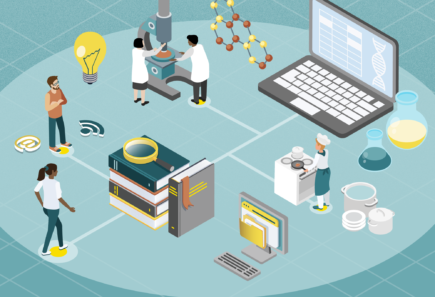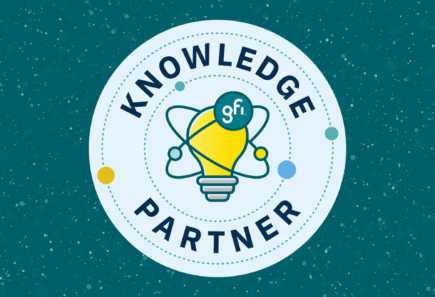Cultivated Meat: Understanding the Science and Future Applications
Webinar description
This webinar will cover cultivated meat technology and describe how it’s made. We will discuss the key technology-specific areas of the value chain that are critical for cultivated meat development, walk through studies examining the costs and environmental impacts of cultivated meat, touch on the regulation and food safety considerations, and end with a glimpse into the future of the industry in the coming years and how your members can help shape the industry. During this webinar, Dr. Claire Bomkamp, GFI’s Cultivated Meat and Seafood Scientist, and Marika Azoff, GFI’s Corporate Engagement Lead, will dive into the following topics:
- Introduction to The Good Food Institute (GFI)
- What is cultivated meat, and how is it made?
- The technology value chain for cultivated meat production: cell lines, cell culture media, bioprocess design, and scaffolds.
- The environmental impacts of cultivated meat
- The costs of cultivated meat production
- Regulation and food safety of cultivated meat
- The commercial landscape; who is developing these products?
- The future of the cultivated meat industry and the roles that chefs and food companies can play in the sector
- Q&A
Meet the speakers

Marika Azoff
CORPORATE ENGAGEMENT LEAD – RETAIL AND FOOD SERVICE, THE GOOD FOOD INSTITUTE
Marika works with companies involved in food sales and distribution to increase their sales of and commitment to alternative proteins. Marika first joined GFI with a focus on alternative seafood. Through building relationships with the private sector, she worked to accelerate the development of alternative seafood globally. Marika earned a BA in Animal Conservation from the University of Rochester and spent the last decade focused on animal conservation and strategic partnerships.
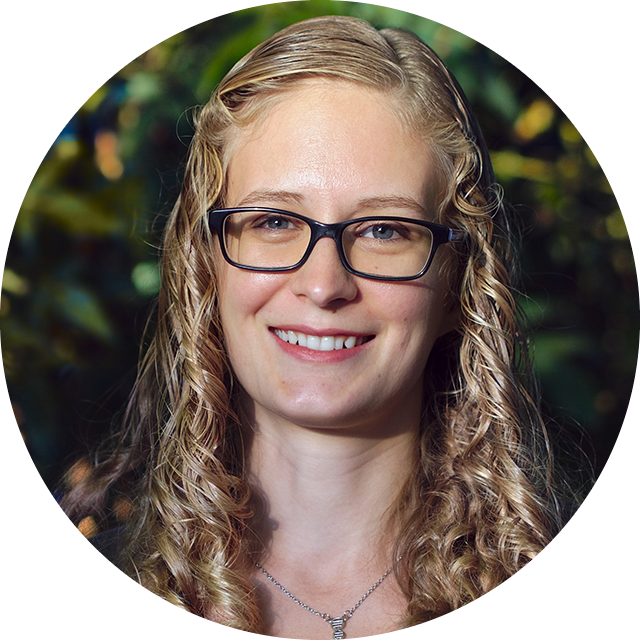
Claire Bomkamp, Ph.D.
LEAD SCIENTIST, CULTIVATED MEAT & SEAFOOD, THE GOOD FOOD INSTITUTE
Claire serves as Lead Scientist, Cultivated Meat & Seafood and is a member of GFI’s Sustainable Seafood Initiative. She focuses on analyzing the technical landscape of the cultivated seafood industry, identifying bottlenecks, and engaging researchers in order to move cultivated seafood technology forward. She holds a PhD in neuroscience from the University of British Columbia and a bachelors in behavioral neuroscience from Western Washington University. Her academic research used both cell culture and computational techniques to understand molecular mechanisms of neuronal connectivity and function, and she has also been heavily involved in youth science outreach programs.
